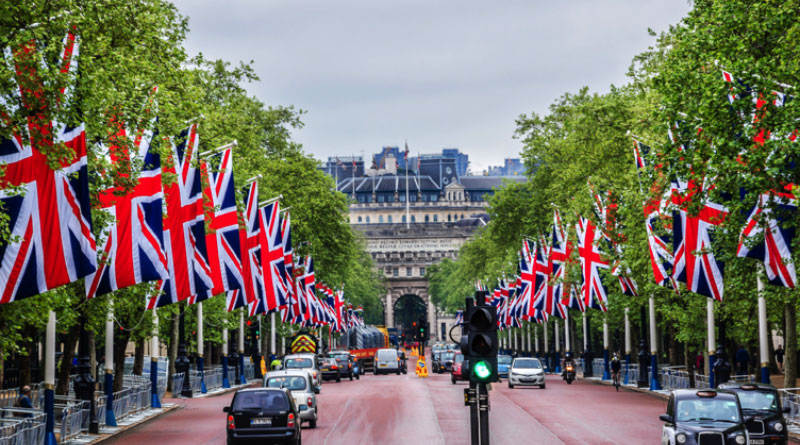Visitors Flock to UK to Join Jubilee Celebrations

According to the World Travel & Tourism Council (WTTC) visitors from overseas are pouring into the UK to join the celebrations marking Queen Elizabeth II’s Platinum Jubilee.
As the UK gears up to celebrate, new data from WTTC’s partner ForwardKeys shows the number of arriving tourists from key overseas markets and leading Commonwealth countries, such as Singapore, Australia and Canada are all up this week compared to last week by 19%, 6% and 2% respectively.
Indeed, the UK Travel & Tourism sector has gone from strength to strength during Queen Elizabeth II’s 70-year long reign. The Queen herself is estimated to have travelled to some 120 countries since her first trip to Kenya in 1952, uniting communities around the world.
And since the Queen’s Golden Jubilee in 2002, analysis by WTTC shows that 20 years later, the number of people employed in the UK Travel & Tourism sector has soared by 49%.
In 2002, 9.1% of jobs in the UK were in Travel & Tourism. This year the percentage has grown to 11.7%, with a high of 12% in 2019.
In terms of economic value to the UK economy, the UK Travel & Tourism sector has also risen by 13%, from £190bn to £215bn this year – and reached an impressive £235bn before the pandemic struck in 2019.
Julia Simpson, WTTC President & CEO said:
“The Queen is a global ambassador and has brought huge wealth to this country. Over the last 20 years she has presided over a period of incredible expansion in Travel & Tourism – attracting visitors to our shores and inspiring us to visit the world with open hearts and minds.
“We congratulate Her Majesty as we join the country in celebrating her Platinum Jubilee and pay tribute to her journey of exploration and friendship to communities near and far.”
While WTTC data shows the success story of the UK Travel & Tourism sector over the last 20 years, the data also details its struggle since the pandemic and the severe impact of the travel restrictions. The Jubilee celebrations open a new chapter as tourists start returning.
WTTC data shows international visitor spend had climbed from £23.3bn in 2002 to more than £36bn in 2019 but had slumped back to just £3.9bn in 2021 due to the impact of the pandemic.
